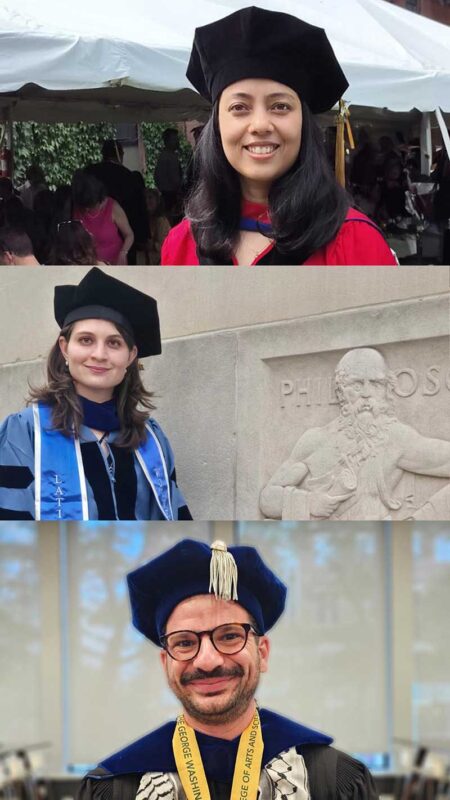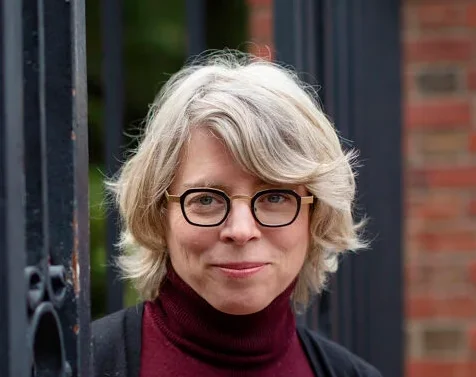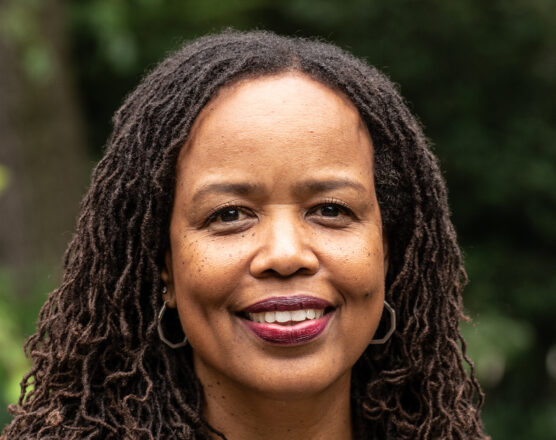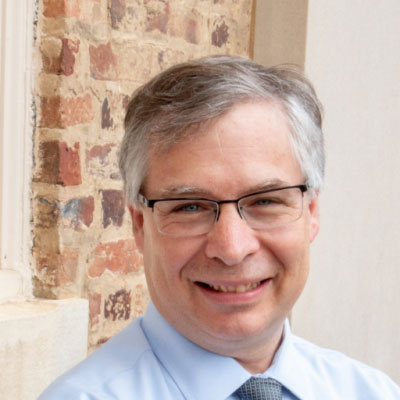This Fellowship supports doctoral candidates in their final year of writing, who are working in areas of religion, ethics, values, or morals.
Funding: $31, 000
Opens: August 1 every year
Deadline: November 1 every year
Use Program Key: CWNF

Now in its fifth decade, the Newcombe Fellowship has become a nationally recognized award that distinguishes recipients within their fields. Fellows receive a $31,000 stipend to complete the writing stage of their dissertation. The Newcombe Fellowships have supported over 1400 graduate students who have written dissertations which respond to and participate in, deep and meaningful conversations within religion, values, and ethics. The conversation may be from the ancient past, with modern relevance; it may be a unique perspective on a well-known topic; it may revolve around culture, art, societies, or identity. Those awarded a Newcombe Fellowship are often at the forefront of creative and original scholarship, proposing new insights and ground-breaking work in the questions and conversations surrounding religion, ethics, and values.
Candidates are evaluated based on scholarly excellence; quality and originality of the project; and commitment to research that advances religious understanding, ethics, and values.
The purpose of the Charlotte W. Newcombe Doctoral Dissertation Fellowship is to offset living expenses while the dissertation is completed. Fellows must use the award for the final year of writing the dissertation. Fellows’ graduate schools will be asked to waive tuition and fees while maintaining health insurance for Newcombe Fellows.
Applicants must have completed all course work, passed all preliminary examinations, and received approval for their research proposals or plans by the November deadline.
The application is open primarily to fields of study in the humanities and social sciences. Scholars engaged in science, technology, engineering, and math fields may apply provided questions of religion, ethics, or values are central to the dissertation.

Explore the Program
The Fellowship
- $31,000 for 12 months of full-time dissertation writing (No deferments, half-year, or partial awards)
- Fellows’ graduate schools will be asked to waive tuition and fees while maintaining health insurance for Newcombe Fellows
Eligibility
Applicants must:
- be candidates for Ph.D. degrees in any field of study in the humanities and social sciences at accredited graduate schools in the United States. Candidates working on D.Min., JD, Psy.D., Ed.D. and other professional degrees are not eligible. Students in science, technology, engineering, and math fields may apply provided questions of religious understanding, ethics, or values are central to the dissertation.
- be ABD, and have completed all pre-dissertation requirements fulfilled by the application deadline, including approval of the dissertation proposal.
- be in the writing stage of the dissertation. Usually, this means that fieldwork or other research is complete and writing has begun by the time of the award.
- expect to complete the dissertation between April 1 and August 31, the year of the tenure of the award.
- have never held a similar national award for the final year of dissertation writing.
The program of study must:
- be campus-based at the institution. This Fellowship Program does not provide funding for distance learning or online programs, or for degrees heavily dependent on distance learning components (research travel excluded).
Additional eligibility notes:
- Fellows are not required to live in the U.S. during the tenure of the award.
- The Dissertation Fellowship is intended for applicants who are completing their first doctoral degree.
Timeline
- Open submission application opens: August 1
- Open submission application closes: November 1
- Open submission applications under review: November 15 – January 15
- Finalist notification and status notification to other applicants: January 15 – January 21
- Finalist submission of application, full proposal, and recommendations: January 23 – February 13
- Finalist reviews begin: February 17
- Finalists and chosen Fellows notified of status: the first week of April
Selection Criteria and Application Review
Scholarly Merit and Originality
- Does the proposal display outstanding scholarly merit?
- Does the proposal display originality?
- Does it promise to add a new dimension and significance to the body of knowledge within its field?
- What is the overall quality of this proposal?
Student Qualifications
- Does the student have the necessary qualifications for carrying out the proposal?
- Are there any glaring gaps in this student’s background, knowledge, or literature pertaining to this subject?
Timetable
- Is the timetable reasonable?
- Is the applicant on a trajectory to complete the dissertation between April and August of the Fellowship year?
Relevance to religion, ethics, morals, and/or values
- Does the proposal contribute to the scholarly understanding of ethics, or religion, or values as they relate to this subject?
- Are values questions central to its purpose?
Application Required Components
Start the application process by clicking Apply Now (Use Program Key: CWNF) to create an account through our vendor site and access the application.
There are two rounds of application submission. The initial round opens with the application available to all candidates on August 1 and closes November 1.
First-round applicants are required to submit:
- basic demographics and contact information
- description of the project’s engagement with religion, ethics, or values
- description of the candidate’s career goals
- personal statement
- description of the project including abstract, design and methodology, timeline, and short proposal
- name and contact information for two recommenders (no letters need to be submitted at this time)
- curriculum vitae
- transcripts (official or unofficial)
These initial applications will be evaluated, and finalists will be selected for additional review.
Finalists will be required to submit:
- a full proposal
- two letters of recommendation

Recent Fellows
Featured Fellows
-

Jill Lepore
David Woods Kemper ’41 Professor of American History, Harvard University
Dr. Lepore is the David Woods Kemper ’41 Professor of American History at Harvard University. She is also a staff writer at The New Yorker, and the host of the podcast, The Last Archive.
-

Saidiya Hartman
University Professor, Columbia University
Dr. Hartman is an American writer and academic focusing on African American studies.
-

Andrew Perrin
Professor of Sociology, Johns Hopkins University
Dr. Perrin is a cultural and political sociologist working on issues of democracy, including civic engagement, effects of higher education, and public deliberation.